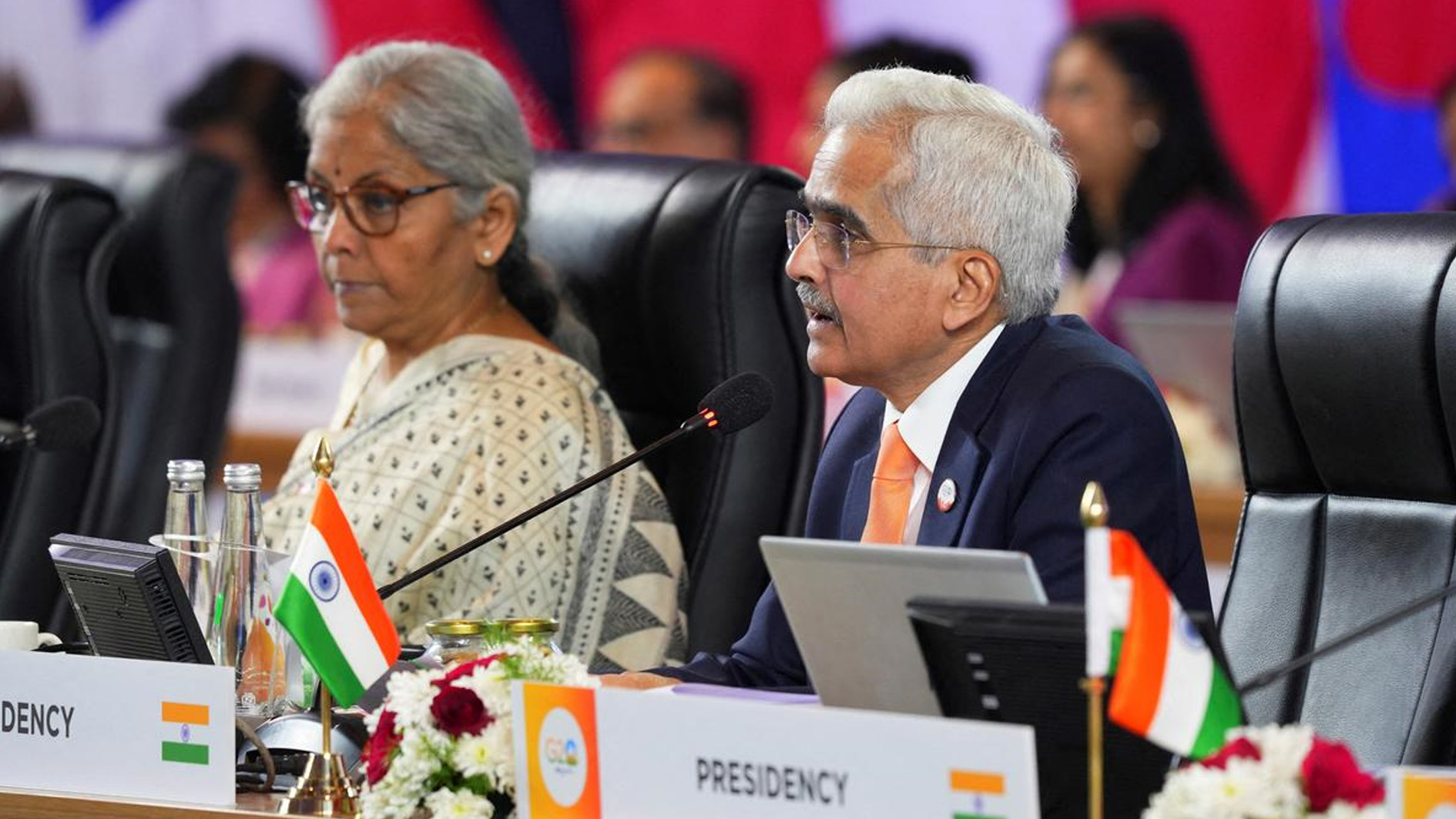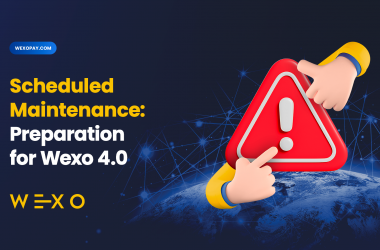
TOP posts
Spotify tests Web3 wallet integration
Spotify is expanding its Web3 footprint by testing tokenized playlists in several key markets. The Swedish music giant is partnering with gaming ecosystem Overlord and several metaverse communities (Fluf, Moonbirds and Kingship). These tokenized playlists can only be unlocked by users with unique non-fungible tokens (NFTs) in their Web3 wallets on Spotify.
The news sparked a surge in tokens from the music Web3 space, with homegrown cryptocurrency Viberate (VIB) up 33%. Other tokens, such as Audius (AUDIO) and Rhythm (RHYTHM), rose 4% and 2.5%, respectively.
The music industry remains one of the best environments for cryptocurrency adoption. This has been aided by the recent partnership between Fountain and Zebedee, which enabled Bitcoin micropayments for podcast listeners. Likewise, the music industry's tokenization was aided by February's royalty rights offer for NFT from Rihanna's hit single.
G20 summit discusses building global reforms on cryptocurrencies

The G20 summit of the world's largest economies announced that individual countries will work together to create standards for global regulation of cryptocurrencies. The summit in India included 3 supranational institutions that will contribute to the decision this September. The Financial Stability Board (FSB), the International Monetary Fund (IMF) and the Bank for International Settlements (BIS) will submit their recommendations and detailed reports to guide this regulatory framework. Discussions focused on key financial stability priorities. Regulations were also discussed, including consideration of the risks associated with adaptation.
The G20 statement stressed the importance of global cooperation in addressing the challenges posed by cryptocurrencies. The Indian Finance Minister also called for a coordinated effort to better understand the macroeconomic implications of cryptocurrencies, which should be used to develop global reforms. The Committee of the States Parties believes that a coordinated and comprehensive policy approach to crypto-assets is essential.
France launches in-store crypto payments thanks to a collaboration with Binance

The trend of mainstream adoption of cryptocurrencies and digital services continues, with more and more companies linking traditional financial solutions (TradFi) with decentralized financial solutions (DeFi). Recently, a new pilot program was announced by crypto exchange Binance and credit card service provider Ingenico to enable crypto payments in stores via Binance Pay. The success of this pilot program will pave the way for further partnerships between traditional financial institutions and crypto companies, further advancing the adoption of cryptocurrencies as a means of payment.
In-store devices typically require some form of special integration before they can accept cryptocurrencies. However, the partnership between Binance and Ingenico has led to the development of an all-in-one device, which will make it easier for merchants and consumers to engage with the system.



